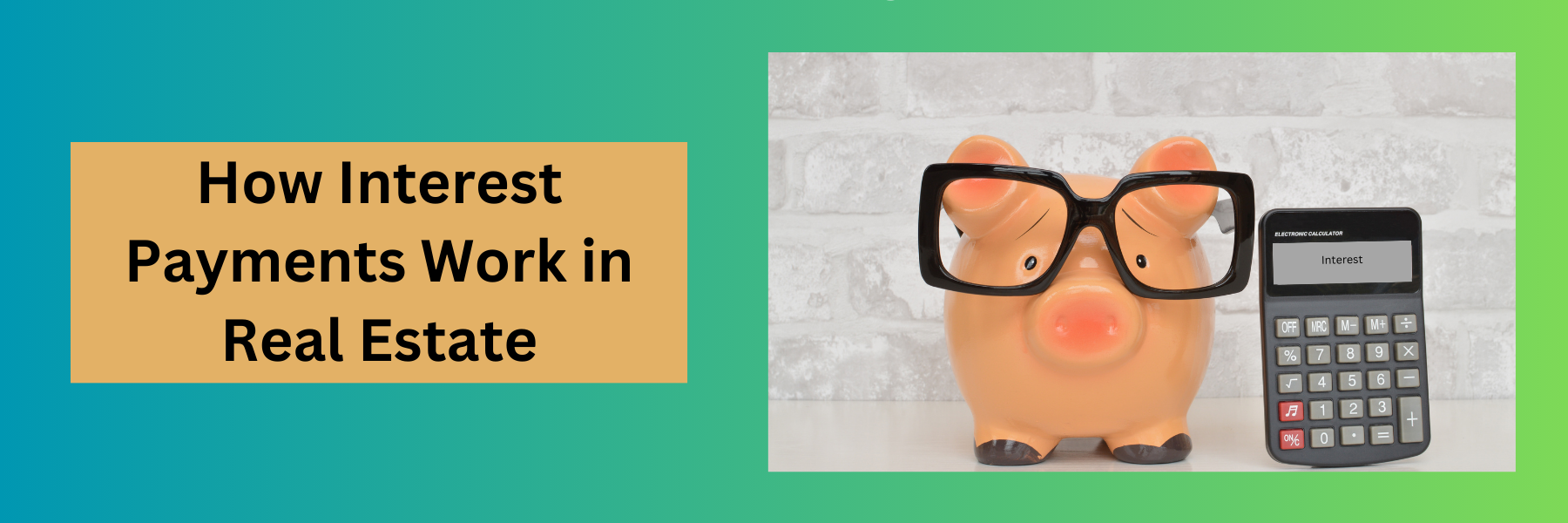How Interest Payments Work in Real Estate
Today we are going to discuss how interest payments work in real estate. There are a lot of moving parts that you need to take into consideration when purchasing a property. Don’t run the risk of missing deals and missing transactions! Here at The Cash Flow Company we want to guide you through the process to ensure that you have what you need to be successful.
How does interest work?
In regards to mortgages, the biggest question is when is the interest paid when you make a payment? During closing the lender will be asking for a certain amount of interest that is collected arrears. For example, when you are making a July 1st payment, you are paying the interest for the month of June. Whether it’s amortized or interest only, lenders will collect the interest after it’s due. To clarify, the interest payment is arrears while the payment on the property is in advance.
Interest only loans.
Interest only loans include short term loans, bridge loans, as well as fix and flip loans. When you make a payment, it will only apply to the interest of the loan. For example, if you have an interest only loan, you will only be paying the interest for the previous month. Your payment does not apply to the loan amount itself. Many chose this option so that they have more cash flow going into the business and less going toward the principal. Remember, cash is king in real estate!
DSCR and 30 year loans.
When you make your monthly payment, you will not only pay the interest for the previous month, but you will also pay a little towards the principal as well.
We are here to help!
Here at The Cash Flow Company we want to make sure that you have everything you need to be successful. By further understanding the lending process, you will save both time and money! It is important that you feel comfortable with this process so you can do more deals, and make more money! Contact us today to find more about How Interest Payments Work in Real Estate
Watch our most recent video to learn more about: How Interest Payments Work in Real Estate




